It is understood that productivity is a priority for workplaces. The pandemic has challenged employers to quickly pivot their operations while limiting impact on workplace productivity. Some organizations have experienced rates of work output remain stable or increase during the pandemic. Others have seen employee’s productivity struggle in the face of unprecedented stressors such as limited privacy, social unrest, mental health struggles, family demands, or the fear of getting sick. These are only but a few situations which have perpetually impacted focus and engagement.
Given the various stressors related to the pandemic, the social climate, and personal stressors impacting daily life, below are some tips to assist with productivity for those that might be increasing hours or returning to their worksite in some capacity.
- Consider offering training and coaching for leaders regarding supportive people management skills. Skills should include effective listening, being available, and following up with employees.
- Communicate employee resources and benefits effectively. These resources and benefits can range from an employee support line, physical and mental health resources, coaching, etc. Employees benefit greatly when they know where to go to safely discuss concerns.
- Continue to provide clear messages about deadlines, role changes, policies, etc.
- Consider creating a climate which reflects respectfulness and goodwill. This could mean debunking gossip and rumors, deterring employees from discussing charged topics such as politics, and training the workforce on how to pivot work conversations away from such topics.
TIPS FOR EMPLOYEES:
- Resist the urge to engage in gossip.
- Deter from engaging in political conversations.
- Familiarize yourself with workplace policies and workflows surrounding health and safety.
- Revisit employer benefits to keep helpful resources in mind if they are needed.
- Learn where to communicate concerns.
- Reach out to your manager/supervisor to prioritize your workload.
- Expect that employees might need to quarantine due to exposure.
- Pay attention to your stress levels and actively practice stress management daily.



